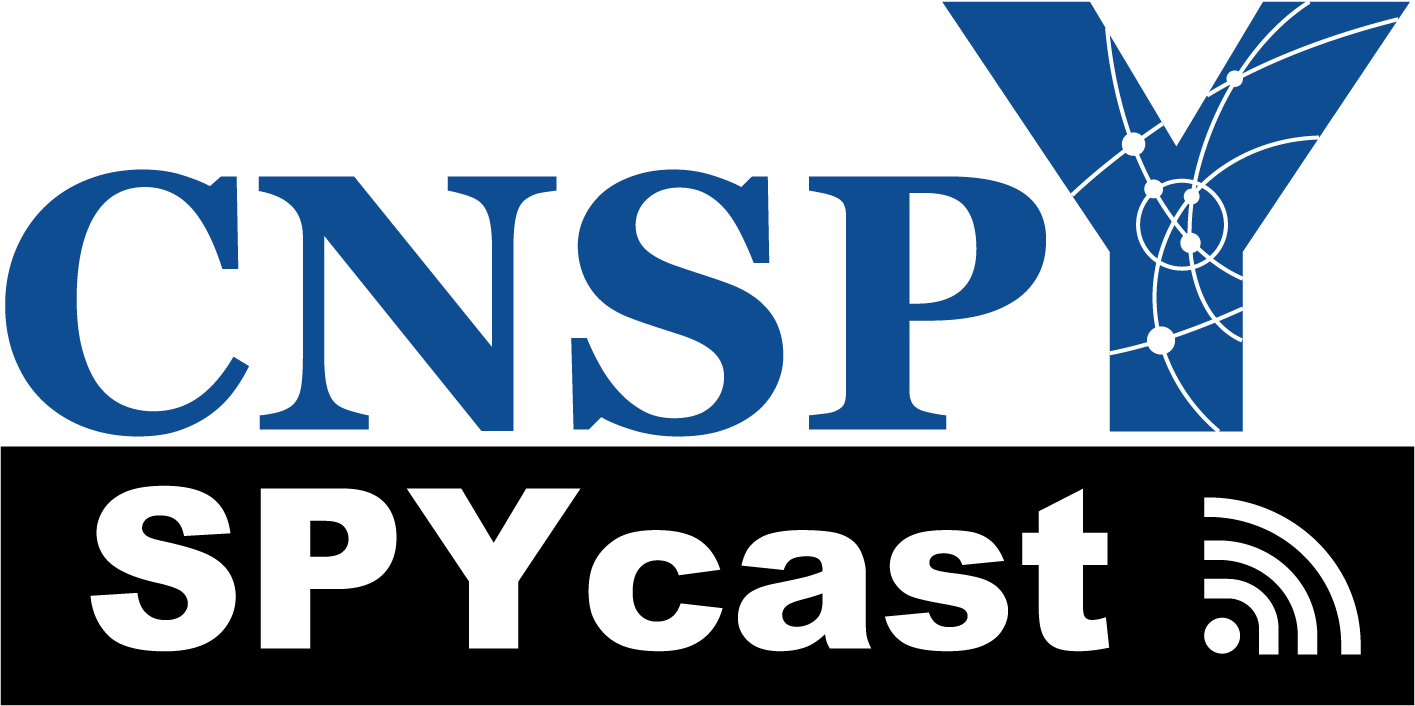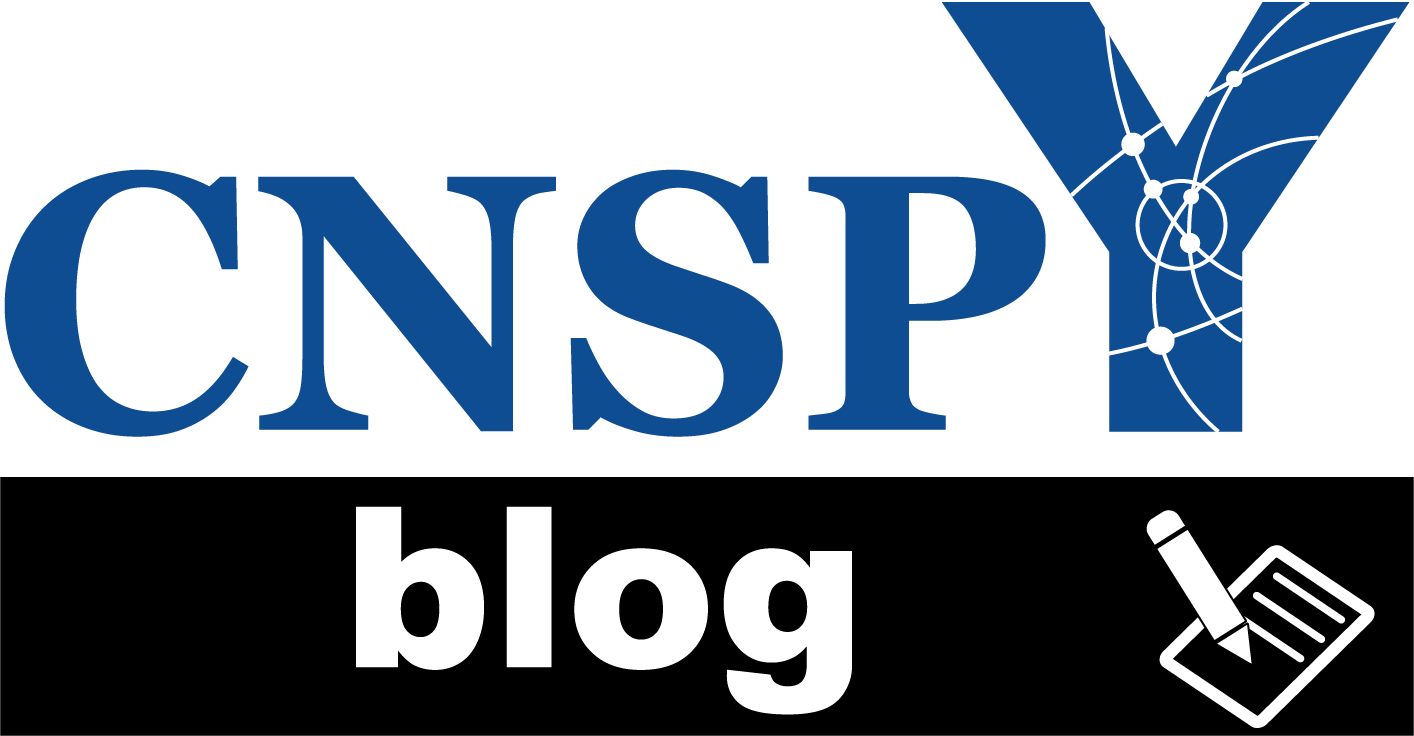Should students and postdocs have business cards? YES!!!
It may seem odd, especially for students, to A) have cards at such an early stage of your career, or B) have cards in academia at all. However, if you want to branch OUT of academia, you need a business card. No exceptions.
Academia is an interesting environment. Very few people have or use business cards.
Perhaps this stems from the fact that 95% of conversation in the academic world revolves around email. PIs, postdocs, and students at different institutions (and even within institutions!) rarely, if ever, call one another to discuss matters – it’s all done over email. And applications for grants and other awards are all submitted online, too. However, in industry and biotech for example, there are numerous phone calls with customers, collaborators, investors, etc. Of course, there is also plenty of email in these fields, but phone calls are not foreign ideas.
With so much of academia relying on email, most academics forgo the traditional business card, and instead place all of that information in the signature of their emails. Thus, there is seemingly no need to have a business card. Once you have the email – which you can get from presentation slides, the university’s or the lab’s webpage, or in some cases you can simply guess it (i.e. firstname.lastname@yale.edu) – you have everything you need.
Perhaps this is why business cards have died out in academia.
However, many students and postdocs will explore alternative careers at some point during their job search, and most, if not all, of these other careers and industries rely heavily on the concept of the business card.
Thus, if you plan to network with them, you need to play their game their way – get a business card.
For reference, at the last three (relatively small) networking events I’ve attended in the past two months, I’ve been asked for my card seven times. That’s more than two cards per event, but each event only had one speaker! Cards are like professional currency. Even when you don’t think you’ll need them, you actually need lots of them.
You don’t want to be the one missing out at a networking event because you don’t have a card to offer someone.
You also don’t want to be the one scrambling for a scratch piece of paper and a pen when someone asks you for your contact information.
It makes you look incredibly unprofessional and very unprepared, leaving your potential network connection thinking that you might be unprofessional and unprepared in other work-related scenarios as well, which doesn’t bode well for you.
To avoid finding yourself in awkward situations like this, you should get a card.
At Yale, this is incredibly easy to do, and the final result is a very professional and respectable-looking business card at a very affordable price ($30 for 500 cards):
Here’s how to get your own card:
1) Go to the Yale Printing website: http://ypps.yale.edu/online-business-cards
2) Choose the style you want. You can even choose a card that is specific to your school (i.e. School of Medicine, School of Forestry, etc.)
3) Click the “Order” button and follow the prompts.
4) For many of the templates, you can choose the standard cardstock offered by Yale, which has your specific school’s seal printed on the back (see picture above), or you can opt for a blank backside of the card (which costs a tiny bit extra, as this is not the standard cardstock that Yale uses and would need to be special-ordered).
5) Continue following the prompts, and it will bring you to the proofing page. Here is where you will insert all the information you want to appear on your card, and just below the last space to fill, there is an “Update Proof” button that you can push as many times as desired to see how your changes will affect the appearance of your card. NOTE: DO NOT confuse the “Update Proof” button with the “Accept Proof” button at the bottom. If you “Accept Proof,” that is what will be printed on your card.
Importantly, don’t feel obligated to fill in every blank space in the card template. You don’t need to include a plethora of information on your card. In fact, less is better because the card itself will appear less cluttered and look more clean and professional. Additionally, with too much information, it’s difficult for others to sift through it all and find the important information quickly. So, keep it simple.
Recommended for Postdocs:
Department, Name, Degree(s), Your Official Title (Associate vs. Fellow), Whose lab you work in, Email, and Phone Number, as shown in the example above (Note: the phone number in the picture is strategically concealed for security reasons, but it’s there!)
Recommended for Students:
For graduate students, the same suggestions apply, but obviously your expected degree shouldn’t be listed after your name just yet (don’t worry, you’ll get there soon!). However, you can include that type of information in the space where postdocs are encouraged to include their official title. Instead of writing “Graduate Student” or “Graduate Research Assistant” in this space, you can use “PhD Candidate” to indicate which degree you are working towards.
Template Tip: Personally, I prefer to have my email address listed in front of my phone number to suggest that that’s my preferred method of contact, but you’ll notice that the template automatically places the phone number in front of the email address. How did I switch it around? Trick the template! Type your phone number into the “website” portion of the template, and it will appear AFTER your email address on your business card. You can even type in a “C:” (for cell), “M:” (for mobile), or “T:” (for telephone) in that space depending on your preference to have it appear as follows on your business card: “C: (xxx) xxx–xxxx” as I’ve done on mine – again, concealed for privacy reasons in the picture above.
6) Once you like your proof, click the “Accept Proof” button at the very bottom of the page (typically inside a bright yellow warning box), and continue following the prompts.
7) When you reach the payment page, you’ll see that you can either use a PATEO number or a credit card. Go ahead and ask your PI if he/she can swing the $30 for you to advance your career! If not, just use your own credit card. In the grand scheme of things, $30 is a small price to pay for professional career advancement. It’s worth it!
8) Be sure to include your campus address for free shipping. Use your department’s business office mailing address and include your lab room number. Once your cards arrive at your department’s business office, they will be sure to get them to you specifically in your lab.
9) Find and attend some great networking events (CNSPY sponsoring many of these!!).
10) Give out your card and never have to scribble your email address on a scrap piece of paper ever again!
It’s that simple! 🙂
We encourage you to try it out and get your own business cards.
And for those who are still a little skeptical about getting business cards for yourselves, here’s a tip from our most recent Small Group Discussion guest, Natasha Moningka, Yale alumnus and a Medical Associate at Healthcare Consultancy Group.
At the end of the discussion, she offered her card to those in attendance, and then asked, “Do any of you have cards?” When few people responded, she said simply…
“You SHOULD!”
The rest of the non-academic world relies on business cards, so if that’s the career direction you’re moving in, you need to get a business card. So click that link above!
** Personalize your business card today and share your excitement with us when it comes in! **
Share your thoughts below by clicking the “Leave a Reply” link or by clicking the chat bubble in the top right of the post.







January 21, 2015 at 10:40 am
Superb. Everyone should have business cards. I have often handed them out during conferences and workshops, and most recently when I visited another lab for some help. They are incredibly useful and I know that others will benefit from them.
January 28, 2015 at 11:38 am
Thanks for sharing your experience using business cards with us! I’m really glad to hear that students are taking advantage of the opportunity to showcase themselves in such a professional manner!
February 19, 2023 at 9:10 pm
Between last week’s blog post and this week’s post, we hope that you have (or will very soon) embrace the business card concept and branch out in the non-academic culture with confidence!
https://www.mywatchesuk.com/
November 10, 2023 at 3:44 am
Rolex è uno dei pochi marchi di orologi di fascia alta il cui nome aziendale non è coerente con il nome del fondatore, perché il leggendario nome di Wilsdorf “Rolex” deriva dall’abbreviazione della parola “orologio” (orologio di prestigio), è diventato un orologio di qualità sinonimo di orologi replica rolex. è anche un nome semplice che è facile da pronunciare ovunque e da chiunque.